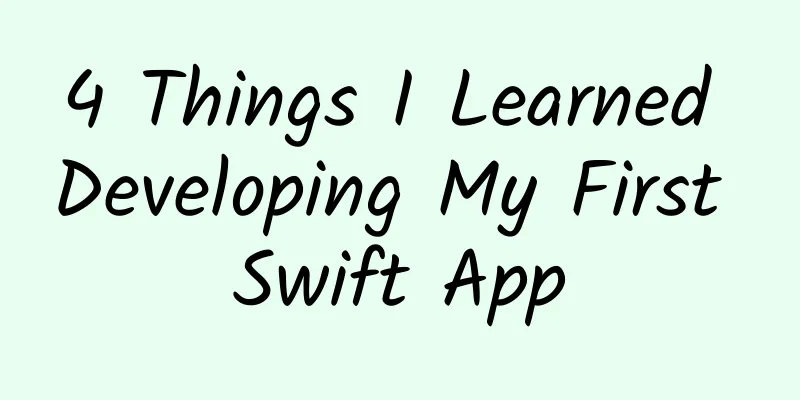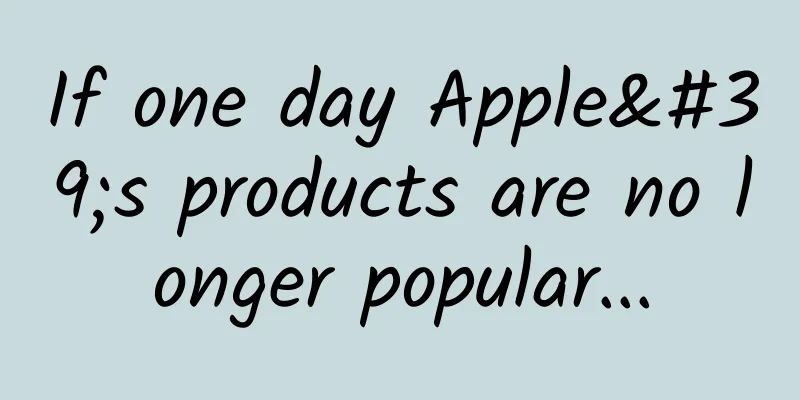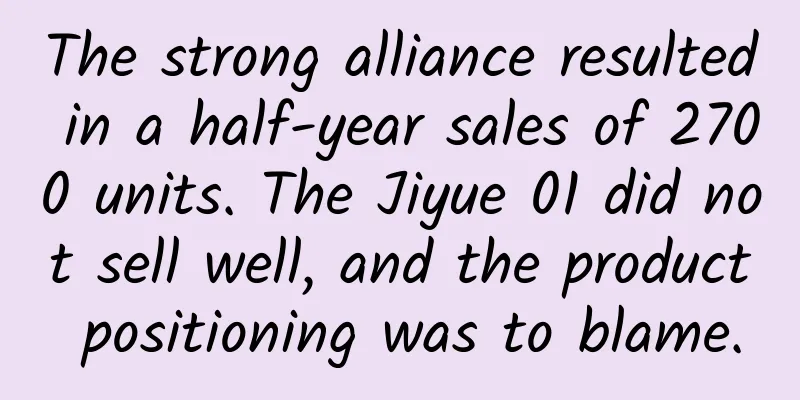4 Things I Learned Developing My First Swift App

|
My app development project this summer is Instant Poetry 2, which was originally an app written by Ray when he was an independent iOS developer. Now I need to completely rewrite it using Swift and iOS 8 APIs. It has been a rich learning experience for me – not only getting to dive into the intricacies of Swift and iOS 8, but also thinking about how I can better pass on these lessons to others in the future. Here are four things I learned while developing my first Swift app. 4) Swift is still evolving The Swift language itself has changed quite a bit over the summer. I started writing apps in beta 3, and each Xcode version upgrade brought syntax changes and tweaks to Cocoa method signatures. If you plan to develop apps using Swift, you need to pay attention to these changes and keep up with the pace of Swift's evolution. But I think it's worth the effort. Using the latest and greatest tools is important, and watching the language evolve will be a great learning experience in itself. Apple is always paying attention to and listening to developers' feedback and problem reports about Swift, so you even have the opportunity to participate in the process of shaping the language. 3) Swift exposes the bad side of Cocoa Did you expect to get a Swift array of SKProduct objects? Sorry, Cocoa will give you an implicitly unwrapped optional array containing AnyObject. Did you mean to pass a Swift array of [NSObject: AnyObject] to the method? Sorry, what Cocoa really wants is an NSDictionary, or something that will silently fail. You can sense the tension between Swift and Cocoa: Swift wants to do something, but it has to compromise to fit in with Cocoa. Let’s face it, Cocoa isn’t always pretty when viewed through a Swift lens!
There is bad news and good news here. The bad news is that we are in the middle of a transition, and part of what Apple does with every Swift/Xcode update is to clean up the Swift-Cocoa interfaces to make them more compatible. The good news is that Apple is very good at transitions, you can recall the transition from PowerPC to Intel processors, the transition from classic Mac OS to OS X, etc. One day in the future, Cocoa will also natively support the Swift language. 2) Swift and Objective-C are a happy couple Really, this is a corollary to my previous point – you may notice some weird things about Swift because it needs to work with the Objective-C runtime and Objective-C APIs, so it has to make compromises.
From a practical development perspective, using Objective-C third-party libraries and extensions in my Swift app is very simple. I just need to import their header files into my bridging header, and they will work normally. If you have a favorite library written in Objective-C, or an existing app to which you want to add a Swift class or two, this isn’t a big problem. 1) Swift is fun I really enjoy playing and working with Swift. It's extremely expressive. Features like optional chaining and nil coalescing let you write shorter code. What surprised me the most was how much I enjoyed using enums - it's really a win-win, making your code more readable, with added benefits like type checking and instance exhaustiveness.
As a fan of Objective-C and Ruby, I think Swift is like a hybrid that combines the advantages of these two languages. If you have learned Objective-C and Cocoa, you will have no difficulty reading Swift code. If you haven't started learning yet, start developing a simple application with Swift now! Additional experience: Extension will change the world! At least that’s how it works in Apple’s world. In iOS 8, Apple introduced app extensions, which allow developers to customize sharing options, notifications, keyboards, and photos through app extensions. In Instant Poetry 2, I used a Photo Extension that allowed users to add words to pictures directly in the Photo app. This was not possible before iOS 8. Applications are no longer confined to their own sandboxes. It seems that the new open Apple will allow apps to do more things from more places. What a wonderful thing. Even with the upcoming Apple Watch, it’s an extension of the iPhone screen, and I can’t wait to see what we can do with Watch Kit. Maybe my next Swift app will be related to Apple Watch! ~ So what will the future look like? My prediction is that the rough edges of Swift will be smoothed out over time, and soon, Swift apps will be everywhere, and on Github, there will be far more Swift projects than Objective-C. However, if you start developing Swift apps now, you will face some challenges. Due to the rapid evolution of Swift, I think it will take a lot of work to migrate a Swift 1.0 project to Swift 2.0, although it is definitely easier than migrating from Objective-C to Swift. But that’s why we love technology, right? Learning new things, keeping up with trends, using the latest languages and APIs, that’s what keeps me excited. ***, if you want to see what Instant Poetry 2 can do, you can download it for free from the App Store. Have you started your Swift development journey yet? If so, I’d like to hear about your experience. Original English text: http://www.raywenderlich.com/86278/four-things-learned-making-first-swift-app |
<<: How do technical founders choose non-technical partners?
>>: [2014 WOT Shenzhen Station Lecturer Interview] Hong Zhixiong: Html 5 games will be popular
Recommend
The price of immunoglobulin G has been hyped up to tens of thousands of yuan. Do we really need to stock up some during the peak of the epidemic?
The continued development of the COVID-19 pandemi...
After living on land for a long time, can you return to the ocean to live a "carefree" life?
Produced by: Science Popularization China Author:...
Heshan SEO training: Summary of 7 principles for website content optimization
From a micro perspective, website content include...
How much does it cost to develop a supplement mini program in Meishan?
How much does it cost to be an agent for a supple...
Are white kidney beans, which are known as "carbohydrate blockers" and "you can eat as much as you want without getting fat," really effective?
Weight loss is the most attractive topic in the f...
How much does it cost to join a book mini program in Tongchuan?
Is it easy to join the Tongchuan Book Mini Progra...
LG G6 disassembly: Heat pipe cooling suppresses Snapdragon 821
LG officially released its new phone LG G6. LG G6 ...
A 6-year-old girl developed early puberty because she often played with shopping receipts? Is it okay to touch thermal paper?
Some time ago, a piece of news shocked Tadpole: A...
WeChat Mini Program Visual Development: A Quick Start Guide for Individual Developers
With the vigorous development of mobile Internet,...
If you want to stand out in the competition in 2020, what should brand marketing do?
introduction In an era when traffic dividends are...
[Learning] How do senior product people analyze problems?
A high-level product manager can always clearly s...
Fortune telling, why is it getting more accurate? Uncovering the common practices of "predestination metaphysics"
Image source: Tuchong Creative Why does fortune-t...
Content: Social media promotion and communication routines
The verbs most commonly associated with traffic a...
In addition to ceftriaxone, do not drink alcohol when taking these medicines
After Laba, it is the New Year, when friends and ...
What exactly is AirGig, the black technology that uses wires to transmit network signals?
At the MWC 2017 conference, which has ended, peopl...









